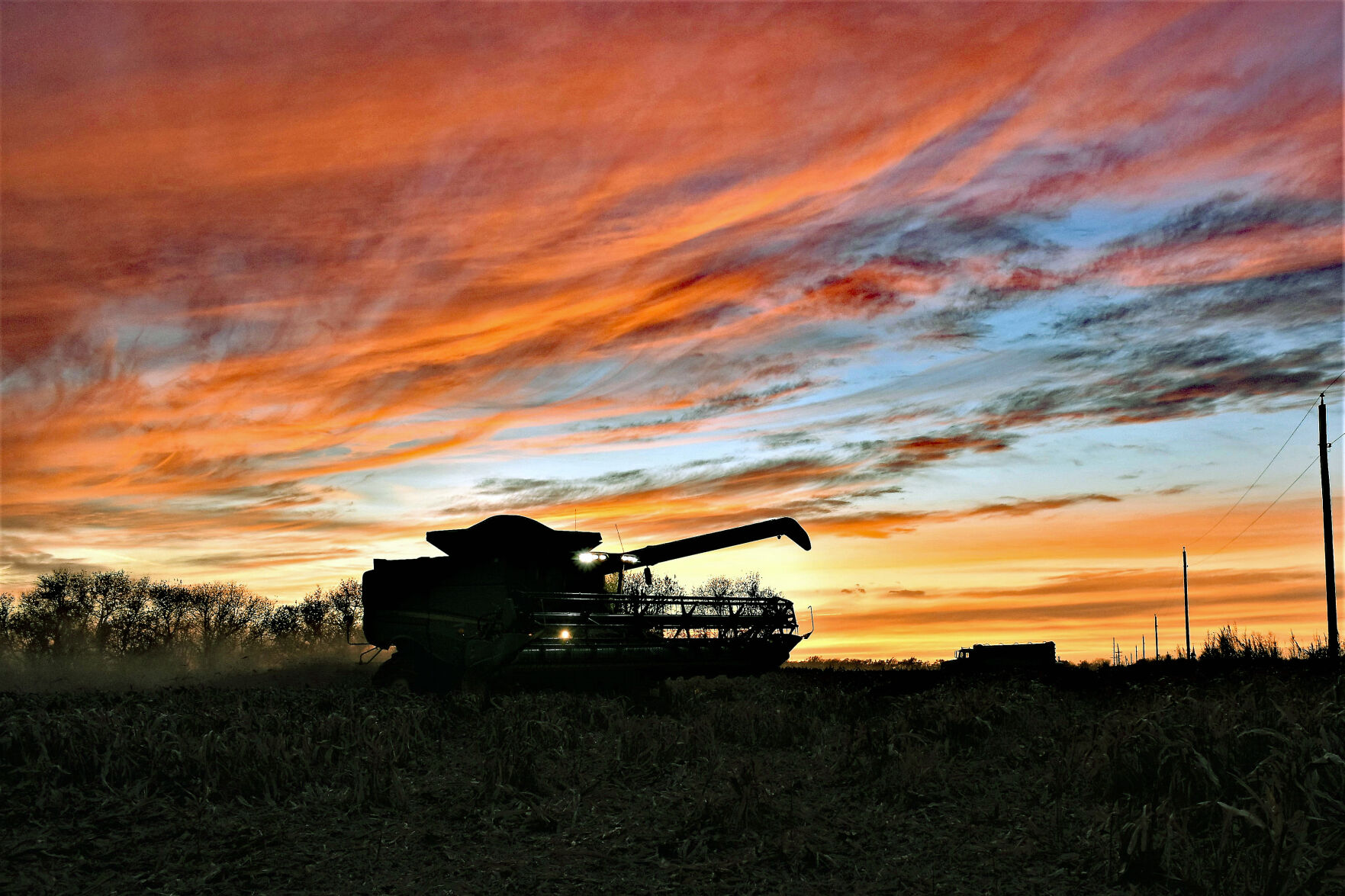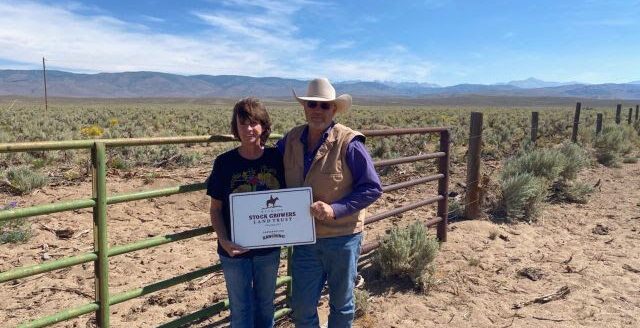Wyoming showcased at NASDA annual meeting

Wyoming Governor Mark Gordon understands agriculture.
Gordon recently spoke at the National Association of State Departments of Agriculture annual meeting held in Cheyenne, Wyoming. He grew up on a multi-generation ranch near Kaycee and described the early years of his home state and how the generations before him were a force to be reckoned with.
“We’re independent, and we are reliant on ourselves,” he said. “Now this is kind of a little bit of the heart of agriculture. That’s the community I grew up in.”
As a kid, Gordon rode with his father, as he thought it was important to ride the horses wherever they were going to move or gather cattle. At times this meant getting up early in the morning and riding out before dawn.
“What I grew up with was a sense that it can be really dark at times. But if you’re kind of waiting for the sun to come up, it will get warmer,” he said. “And you’ll see there’s a whole bunch of people that are wanting to take things in the right direction.”
Gordon emphasized that being in agriculture means a person has to know marketing and finance as well as genetics, soil science, and wildlife. All of those things and more are why the ag sector is important not only for Wyoming’s economy.
As changes in the weather and climate happen, farmers and ranchers are often at the front lines. Agency folks like those at conservation districts, Gordon said, are the ones dealing with the fall out.
For example, irrigation pivots are a very efficient use of water. But when they’re used over time, often the late season water recharge is diminished. Gordon said flood irrigation helps recharge water supplies, but it too has its own challenges. But how do these kinds of issues get balanced?
“These are the really big technical challenges that we need to deal with,” he said. “And I’m going to tell you, that’s what’s so exciting about being in ag here in Wyoming.”
Gordon said Wyoming was the first state that blatantly said they’re going to be carbon negative, setting themselves up for a carbon negative future that a lot of states have just talked about it. Some set arbitrary deadlines of being carbon negative by 2035 or 2050.
Wyoming is trying to reach those deadlines in a number of ways. First, they understand how important it is there’s vibrant, healthy forests and not dead and dying forests. However, there will be C02 gases from the decomposition or the trees doing what trees do and giving off CO2. It can be oxidized in a few seconds or a few years.
“We need to do something about making sure our forests are well managed,” he said. “And I can remember when people said, well, we need to go back to a natural cycle. We need to really understand that nature has our best interests at heart. Aldo Leopold refuted that a long time ago. He said there is no ability for us not to manage our resources now.”
None of these things are permanent either. Gordon hopes someone can figure out a way to help develop a marketplace for carbon so there can be private sector solutions and free enterprise can help solve climate struggles.
“Agriculture is a great catalyst,” Gordon said. “The opportunities are unbelievable.”
Kylene Scott can be reached at 620-227-1804 or [email protected].

